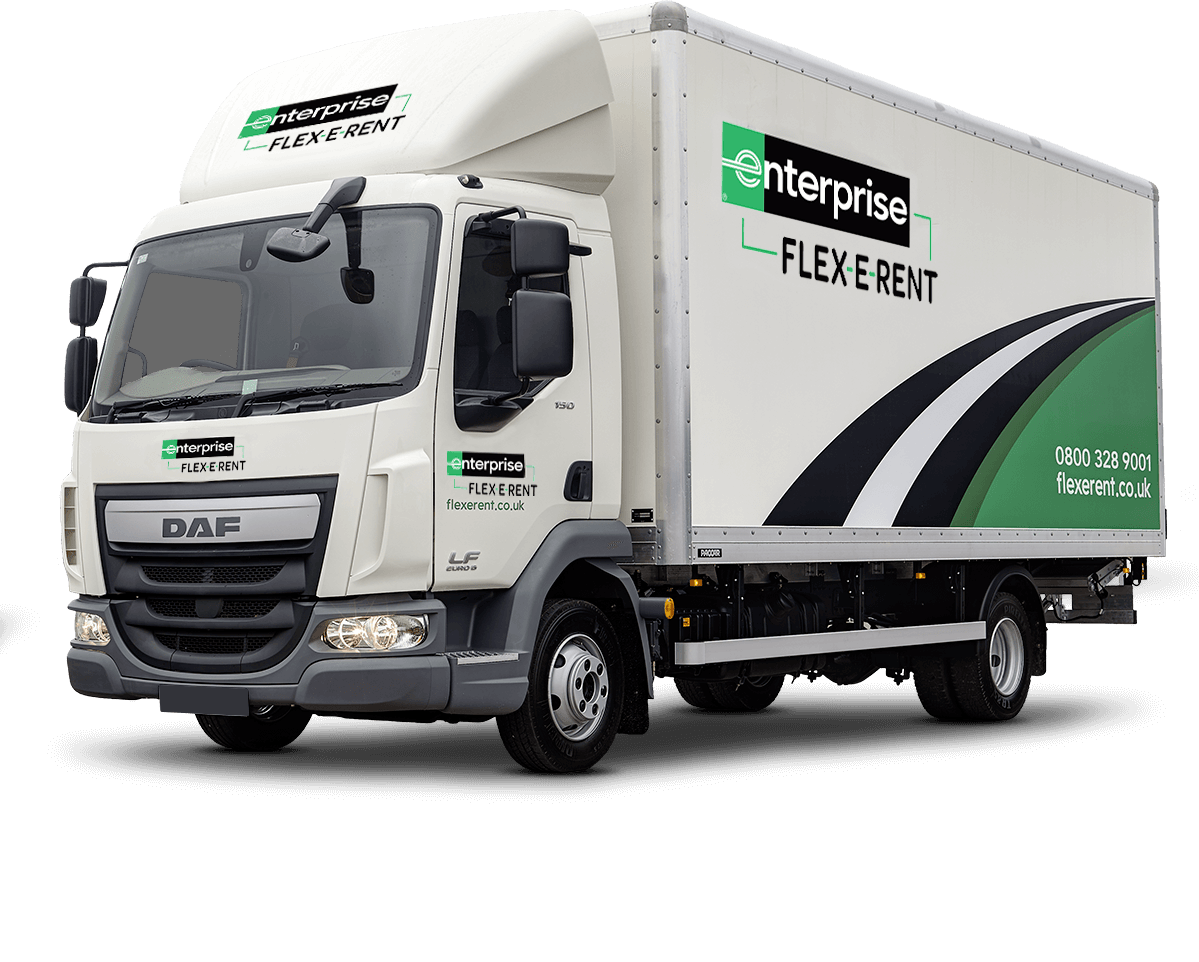To meet Euro 6 emissions standards and the UK’s obligations to reduce carbon emissions by 80% before 2025, London has set the scene with its Ultra Low Emission Zone plans and other cities are following in its footsteps.
The standards required to avoid charges – or miss out on incentives – are looming for some operators with the oldest vehicles. The question then becomes: should I retrofit, purchase or hire new vehicles to stay compliant?
Retrofitting – key considerations
Whilst all diesel vehicles are potentially suitable for retrofit, there are some limiting factors that make some options more suitable than others:
- Space: Retrofit involves fitting additional equipment into the exhaust system, usually by way of a stainless steel box (although sometimes it can be mounted onto the muffler). Whilst in most cases there is sufficient space, in others it will be very difficult to retrofit.
- Payload: Retrofitting will affect the payload of your vehicle, which if left unnoticed, could lead to fixed penalty notice if your vehicle is caught overweight.
- Cost: In some cases, it will not be cost-effective to retrofit your vehicle to stay euro-6 compliant, so we've posed some questions which may help you weigh-up the costs between hiring, buying and retrofitting...
Looking to retrofit or hire? Speak to a vehicle hire expert today
Does your business operate in London?
If your business involves your drivers operating in and around the capital (or indeed other key cities with future Low Emission Zone (LEZ) plans), it comes down to deciding whether it's more financially viable to retrofit, buy or lease new vehicles to meet the requirements or face the fines.
By 2020 all vehicles driving in London will have to meet the minimum standards below, based on the Euro emissions standards. As you can see from the table below, operators of diesel large vans and minibuses will have to replace, retrofit or lease new vehicles as soon as 2020 - even if they are just four years old.
|
Vehicle type (includes hybrid vehicles) |
Minimum emission standards |
Date from when manufacturers must register new vehicles which meet the emission standards |
Maximum age (date first registered as new with the DVSA) of vehicle by 2020 |
Charge if vehicle does not meet the ULEZ standards (payable in addition to any applicable LEZ or CCZ charges) |
|
Motorcycles, moped etc Category L |
Euro 3 |
From 1 July 2007 |
13 years |
£12.50 |
|
Car and small van Category M1 and N1 (I) |
Euro 4 (petrol) Euro 6 (diesel) |
From 1 January 2006 From 1 September 2015 |
14 years 5 years |
£12.50 |
|
Large van and minibus Category N1 (II & III) and M2 |
Euro 4 (petrol) Euro 6 (diesel) |
From 1 January 2007 From 1 September 2016 |
13 years 4 years |
£12.50 |
|
HGV Category N2 and N3 |
Euro VI |
From 1 January 2014 |
6 years |
£100 |
|
Bus/coach Category M3 |
Euro VI |
From 1 January 2014 |
6 years |
£100 |
Taken from: The Ultra Low Emission Zone is coming Will your vehicle be affected?
Whilst some businesses may be able to escape the effects of London’s Ultra Low Emission Zone, it is worthwhile remembering that cities such as Birmingham, Leeds and Manchester are hot on its heels and the draft Clean Air Zone framework follows the same standards as the ULEZ.
Have you considered the impact of Brexit?
Whether Brexit will result in any considerable changes to emissions regulations remains to be seen, although it is unlikely that the UK will renege on its action plans to significantly reduce emissions. However, the uncertainty of Brexit is likely to cause financial and operational impact on many businesses, which may affect whether retrofitting is a viable option.
Financially, it remains to be seen how banks will react to Brexit and how the value of the pound and future trade deals will impact on businesses, which may impact on the capital available – for both retrofitting and for investment in new vehicles.
Operationally, businesses such as those operating in civil and construction sectors will find that longer contracts are no longer the norm. Instead, projects may be awarded on a framework basis, with inbuilt flexibility for cancellation/re-awarding of contracts.
Have you considered vehicle hire?
In short, if you're unclear on how many vehicles your business needs in the foreseeable future or how much spare capital you will have, then tying yourself into commitments such as emissions retrofitting, emissions-friendly new vehicles or even long-term leasing may not be the best option.
Upgrading to a new van can be an expensive additional outlay if you purchase the vehicle outright. That's why the majority of our customers make the decision to hire vehicles flexibly to make this a much more manageable transition, as the costs can be spread over a number of months - or even years and vehicles returned should circumstances change.
For businesses adjusting to an uncertain future, flexible hire is the only way you can get the vehicles you want with the modifications you need - without any penalties, or long term commitments.
Interested in learning more about retrofitting your fleet or flexible hire? Click below to speak to one of our experts today.




